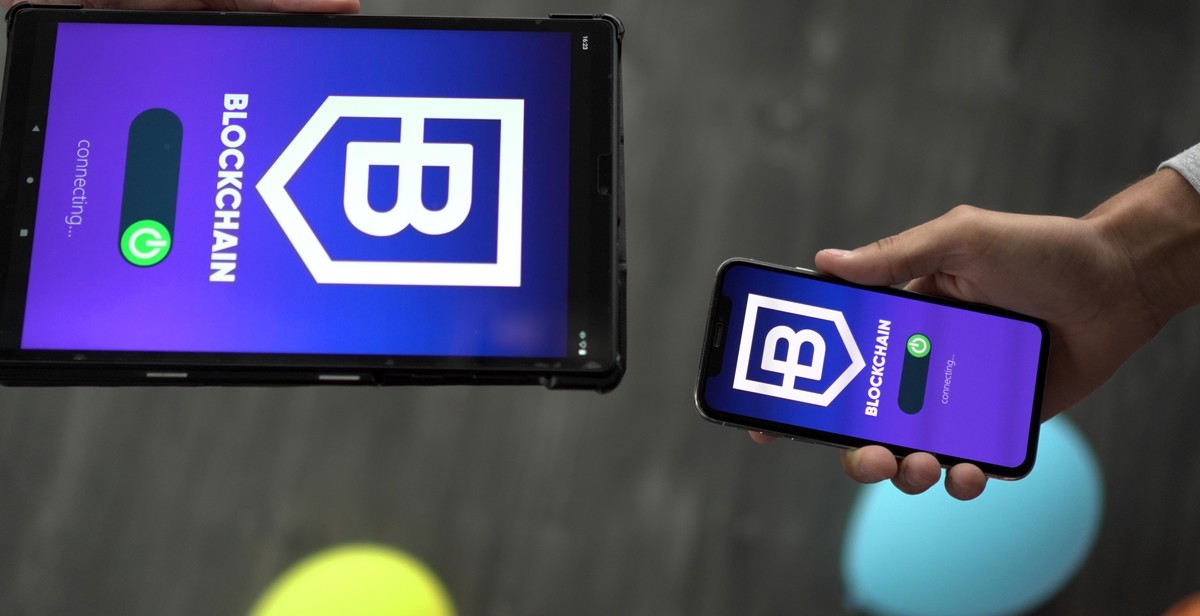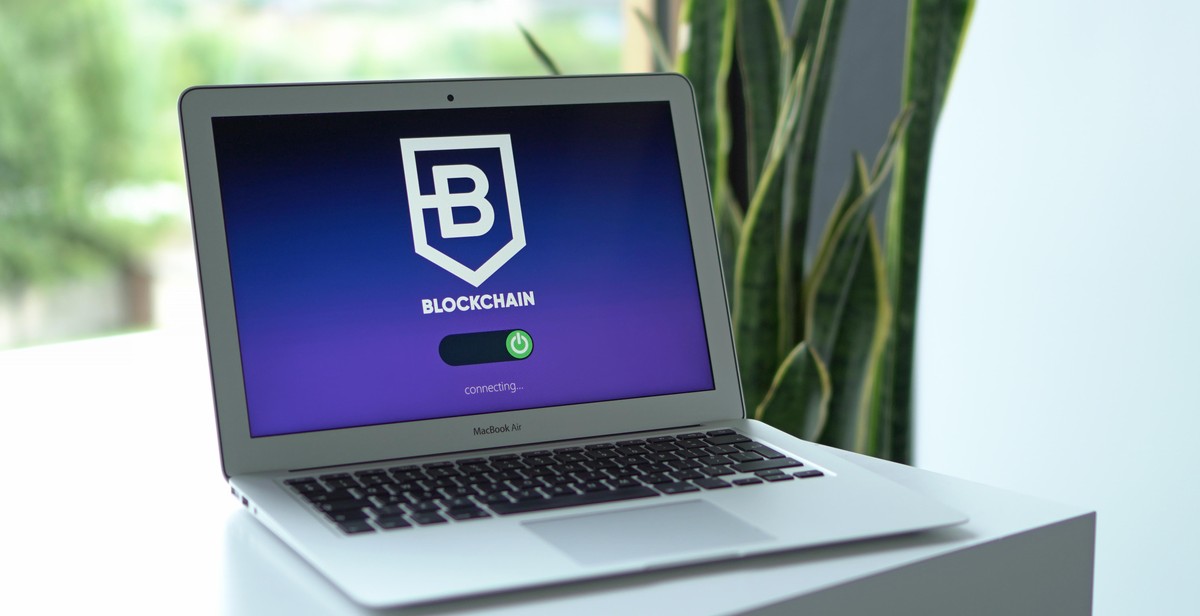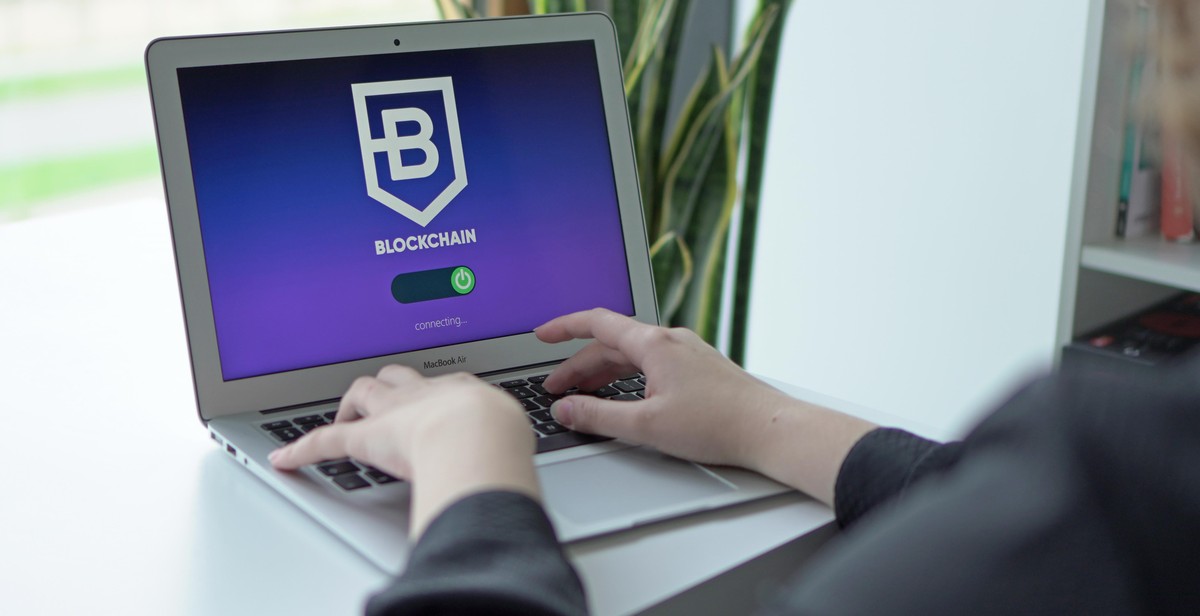Introduction: Why Securely Storing and Backing Up Your Cryptocurrency Wallet is Important
Cryptocurrency has become a popular investment option for many people due to its high returns and potential for growth. However, with the increasing value of cryptocurrencies, the threat of theft and hacking has also increased. It is essential to securely store and backup your cryptocurrency wallet to protect your investment from potential losses.
A cryptocurrency wallet is a digital wallet that stores your private keys, which are used to access your cryptocurrencies. If your wallet is not properly secured, it can be vulnerable to hacking and theft. Losing access to your wallet can result in the loss of all your cryptocurrencies, which can be devastating.
The Importance of Securely Storing Your Cryptocurrency Wallet
Securely storing your cryptocurrency wallet is the first step in protecting your investment. There are several ways to store your wallet securely:
- Hardware wallets: These are physical devices that store your private keys offline, making them less vulnerable to hacking and theft. They are considered the most secure option.
- Software wallets: These are digital wallets that are stored on your computer or mobile device. They are convenient but can be vulnerable to hacking and malware.
- Paper wallets: These are physical copies of your private keys that are printed on paper and stored offline. They are considered a secure option but can be easily lost or damaged.
The Importance of Backing Up Your Cryptocurrency Wallet
Backing up your cryptocurrency wallet is just as important as securely storing it. If you lose access to your wallet or it is stolen, having a backup can help you recover your cryptocurrencies. It is recommended to back up your wallet in multiple locations, such as a USB drive or cloud storage.
In conclusion, securing and backing up your cryptocurrency wallet is crucial to protecting your investment. By following the proper security measures, you can ensure that your cryptocurrencies are safe from potential threats.

Types of Cryptocurrency Wallets
Before we dive into how to securely store and backup your cryptocurrency wallet, it’s important to understand the different types of wallets available. Here are the three main types of cryptocurrency wallets:
Hot Wallets
A hot wallet is a cryptocurrency wallet that is connected to the internet. This type of wallet is convenient for frequent traders or those who need to access their funds quickly. Hot wallets can be accessed through a desktop or mobile app, and some exchanges also offer built-in hot wallets. However, because hot wallets are connected to the internet, they are more vulnerable to hacking and cyber attacks. It’s important to only keep a small amount of cryptocurrency in a hot wallet, and to always use two-factor authentication.
Cold Wallets
A cold wallet is a cryptocurrency wallet that is not connected to the internet. This type of wallet is considered to be the most secure, as it is not vulnerable to hacking or cyber attacks. Cold wallets can come in the form of a paper wallet, where the private keys are printed on a piece of paper and stored offline, or a hardware wallet, which is a physical device that stores the private keys offline. Cold wallets are ideal for long-term storage of cryptocurrency, but they can be less convenient for frequent traders or those who need to access their funds quickly.
Hardware Wallets
A hardware wallet is a type of cold wallet that is a physical device designed specifically for storing cryptocurrency. These devices are often small and portable, and connect to a computer or mobile device via USB. Hardware wallets offer a high level of security, as the private keys are stored offline and protected by a PIN code. Some popular hardware wallets include Trezor, Ledger Nano S, and KeepKey.
| Wallet Type | Pros | Cons |
|---|---|---|
| Hot Wallets | Convenient for frequent traders Easy access to funds |
More vulnerable to hacking and cyber attacks Not as secure as cold wallets |
| Cold Wallets | Most secure option Not vulnerable to hacking or cyber attacks |
Less convenient for frequent traders Can be more difficult to access funds |
| Hardware Wallets | High level of security Portable and easy to use |
Can be expensive May require updating software |
When choosing a cryptocurrency wallet, it’s important to consider your specific needs and priorities. If you prioritize security above all else, a cold wallet or hardware wallet may be the best option for you. If you need quick and easy access to your funds, a hot wallet may be more suitable. Whichever type of wallet you choose, it’s important to always follow best practices for securing and backing up your wallet.

Best Practices for Storing and Backing Up Your Cryptocurrency Wallets
When it comes to storing and backing up your cryptocurrency wallets, it’s important to take every precaution to ensure the safety of your digital assets. Here are some best practices to follow:
Use Strong Passwords
One of the simplest yet most effective ways to secure your cryptocurrency wallet is to use a strong password. Avoid using common words or phrases, and instead opt for a combination of uppercase and lowercase letters, numbers, and symbols. You can use a password manager to generate and store strong passwords for your wallets.
Enable Two-Factor Authentication
Two-factor authentication (2FA) is an extra layer of security that requires you to enter a code generated by an app or sent via SMS in addition to your password. This helps prevent unauthorized access to your wallet even if your password is compromised. Make sure to enable 2FA for all of your cryptocurrency wallets.
Store Your Wallet Offline
Storing your cryptocurrency wallet offline, also known as cold storage, is one of the most secure ways to protect your digital assets. This involves storing your wallet on a device that is not connected to the internet, such as a hardware wallet or a paper wallet. This way, even if your computer or online wallet is hacked, your funds will remain safe.
Use Multiple Backup Methods
It’s important to have multiple backup methods in case one fails. This includes backing up your wallet on a USB drive, external hard drive, or cloud storage service. Make sure to encrypt your backups and store them in a secure location. You can also consider using a backup service that automatically backs up your wallet on a regular basis.
| Best Practices | |
|---|---|
| Use Strong Passwords | ✔ |
| Enable Two-Factor Authentication | ✔ |
| Store Your Wallet Offline | ✔ |
| Use Multiple Backup Methods | ✔ |
By following these best practices, you can ensure the safety and security of your cryptocurrency wallets and protect your digital assets from theft or loss.

Common Mistakes to Avoid
Storing Your Wallet on an Exchange or Online Wallet Service
One of the most common mistakes people make when it comes to storing their cryptocurrency wallet is to leave it on an exchange or online wallet service. While these services may seem convenient, they are also vulnerable to hacks and security breaches. If the exchange or online wallet service is compromised, your cryptocurrency could be stolen.
To avoid this mistake, it is recommended that you store your cryptocurrency wallet offline in a hardware wallet. This will ensure that your cryptocurrency is safe from online threats and hackers.
Not Updating Your Wallet Software
Another common mistake people make when it comes to securing their cryptocurrency wallet is not updating their wallet software. Wallet software updates often include security patches and bug fixes that can help protect your cryptocurrency from potential threats.
To avoid this mistake, make sure you regularly check for updates to your wallet software and install them as soon as possible.
Not Backing Up Your Wallet Regularly
Finally, failing to back up your cryptocurrency wallet regularly is another common mistake. If you lose your wallet or it becomes corrupted, you could lose all of your cryptocurrency forever. It is critical that you back up your wallet regularly to ensure that you can recover your cryptocurrency in the event of a problem.
To avoid this mistake, make sure you regularly back up your wallet to an external hard drive or other secure location. You may also want to consider using a multi-signature wallet, which requires multiple signatures to complete a transaction and can help protect your cryptocurrency from theft or loss.
- Store your wallet offline in a hardware wallet
- Regularly check for updates to your wallet software and install them as soon as possible
- Regularly back up your wallet to an external hard drive or other secure location
- Consider using a multi-signature wallet

Conclusion
Securing your cryptocurrency wallet is paramount if you want to protect your investments. By following the steps outlined in this article, you can ensure that your wallet is safe from theft, hacking, and other potential risks.
Key Takeaways
- Always use a hardware wallet to store your cryptocurrency.
- Create a strong password and never share it with anyone.
- Enable two-factor authentication for added security.
- Regularly back up your wallet and store the backup in a secure location.
- Keep your software and antivirus up to date to prevent malware attacks.
Remember, the cryptocurrency market is highly volatile, and your investments can be at risk if you don’t take the necessary precautions to protect them. By implementing the above measures, you can rest assured that your cryptocurrency wallet is secure and your investments are safe.
Final Thoughts
Don’t take chances when it comes to your cryptocurrency investments. As the market continues to grow, so do the risks. Be proactive in protecting your wallet and investments, and stay informed about the latest security measures and best practices. By doing so, you can enjoy the benefits of cryptocurrency without worrying about the potential risks.
| Author: | John Doe |
| Date Published: | May 1, 2021 |
| Category: | Cryptocurrency |
